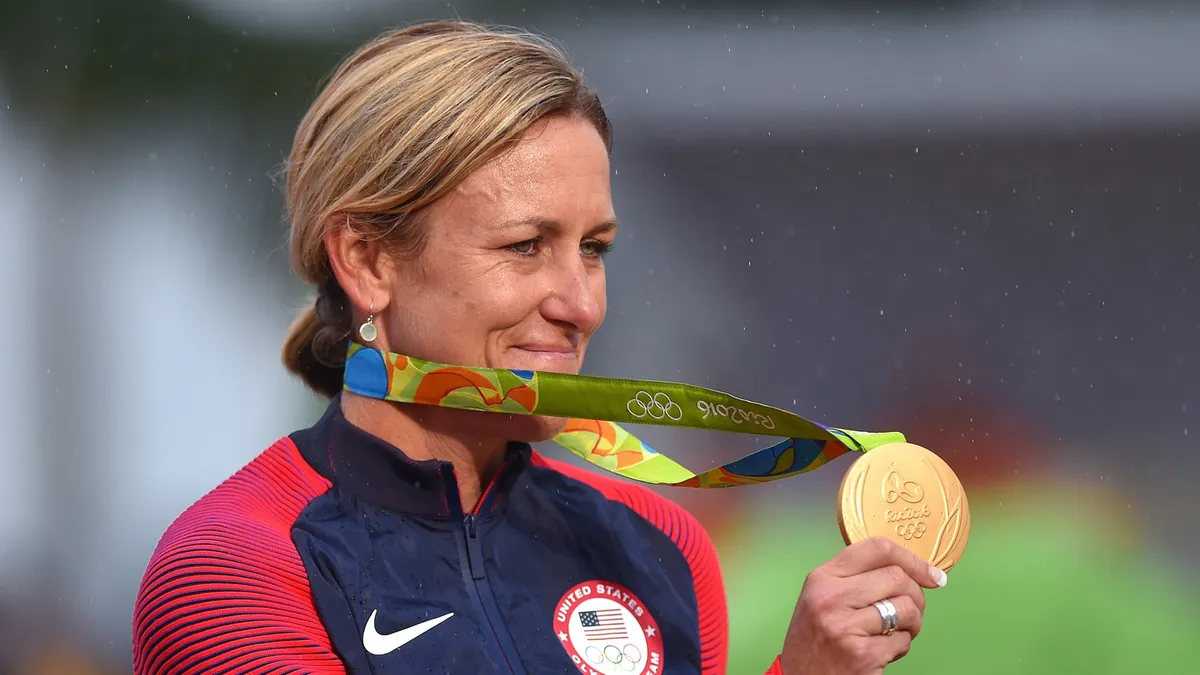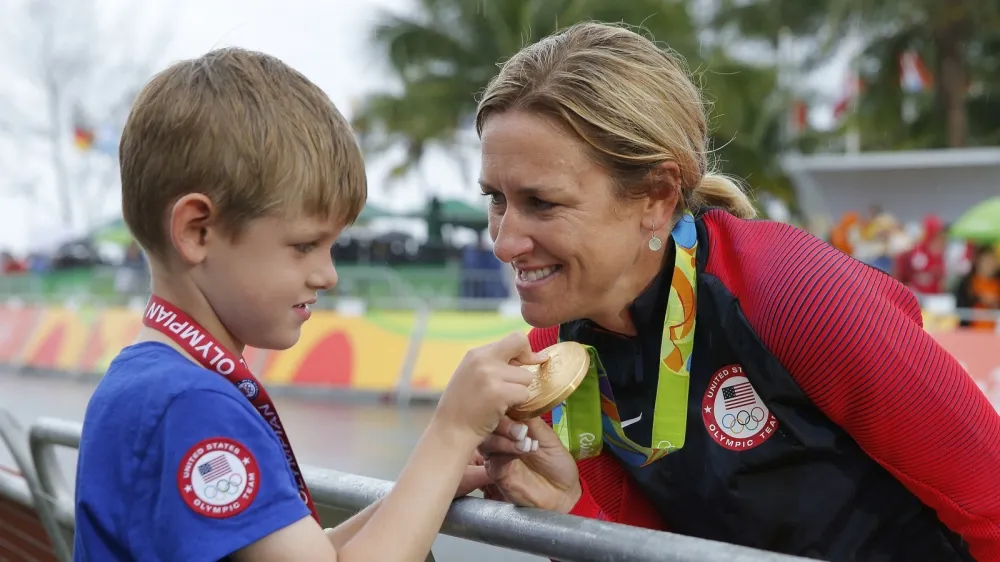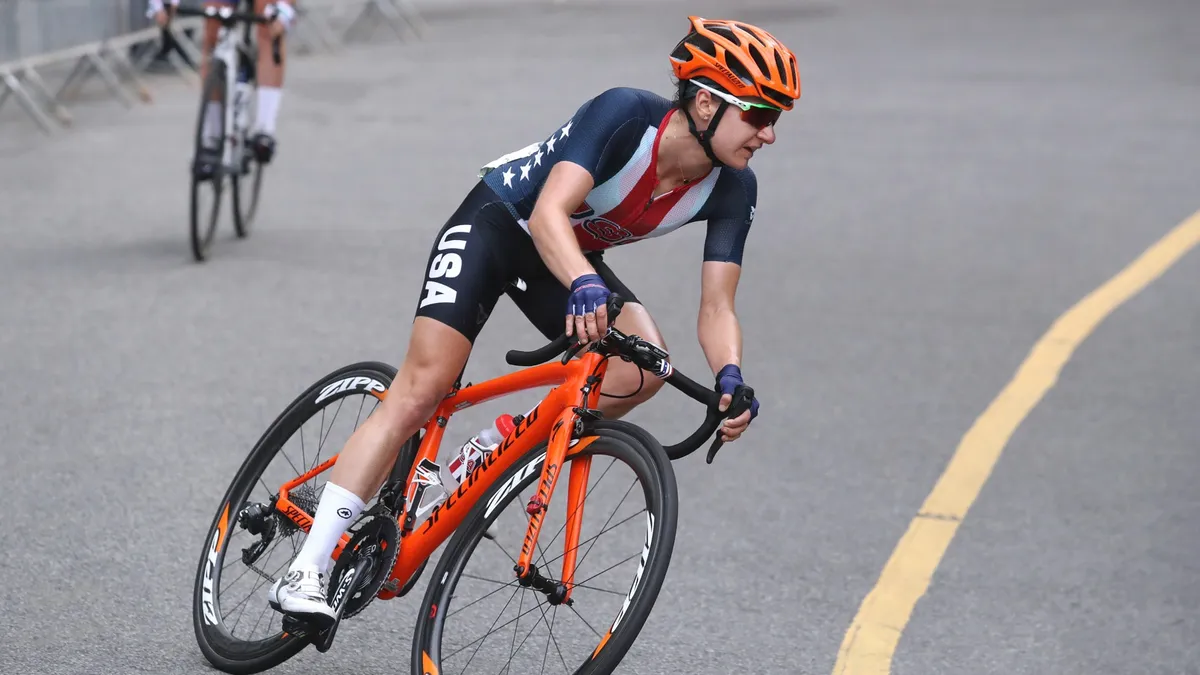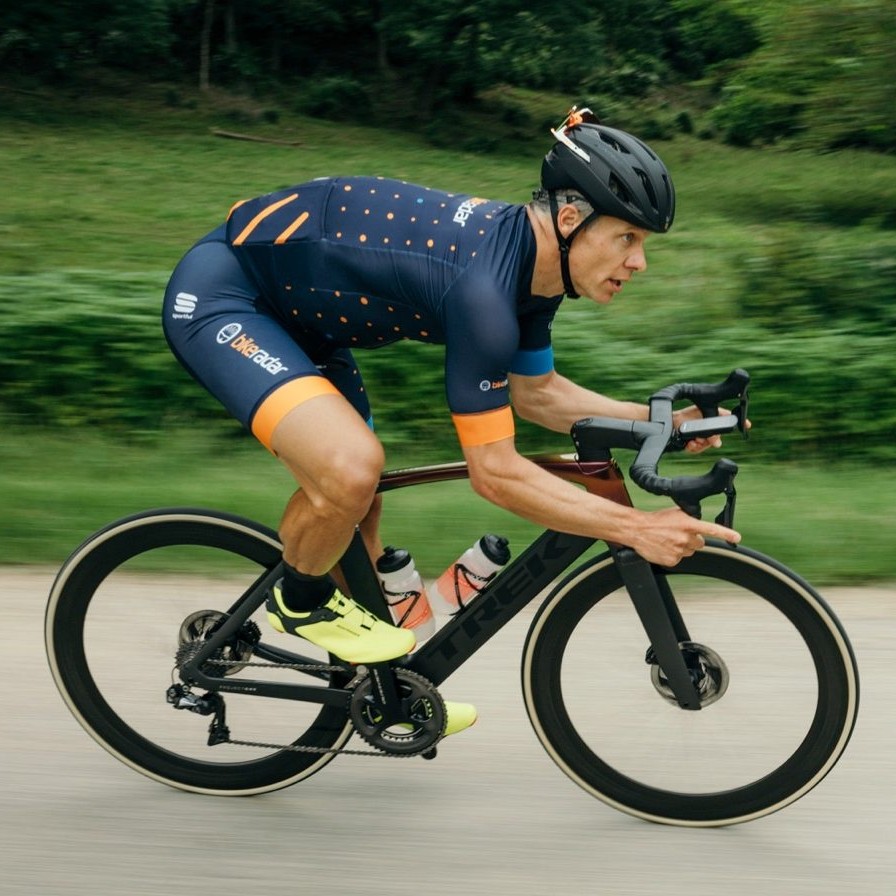In the days before a big ride — be that the Olympics or just a local target event for you — there is no longer any training that can be done to get faster. But there are several things top athletes do to ensure peak performance. Here are six things professional riders do the day before The Day.
- Training for a long-distance sportive
- 11 common diet mistakes to avoid while training
- How to train like a pro rider
"The week before you are just making sure you are recovered and not overdoing it," said Megan Guarnier, the #1 ranked UCI women's rider. "Your fitness is there or it’s not; you can't add to it now. So what you have to do is focus on rest, sleep, nutrition and hydration. Even small things, like sitting whenever you can."
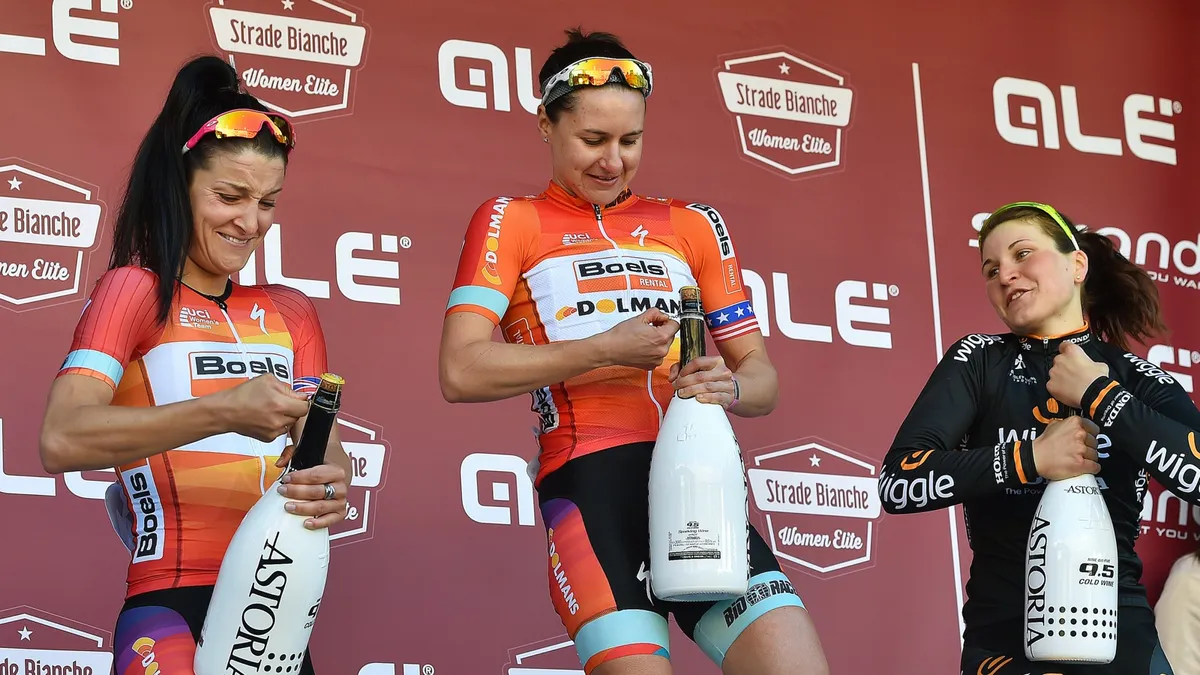
1. An easy ride with openers
The day before an event, pros will get on the bike for an hour or two, and will often do a handful of short (30s – 2min) intensity intervals to wake up the muscles for the next day.
“I mostly ride easy, just getting the blood flowing,” said Connor McCutcheon of Team Illuminate. “I will do a few efforts, but not full-on sprints. If you aren’t feeling good, cut the ride short. Your training is already done at that point,” McCutcheon said. “Some guys do too much in their openers, and are actually taxing their body.”
2. Make a habit of resting
"After a ride, I will take a power nap, then spend the rest of the day just getting as rested as I possibly can," said David Williams of the Astrellas Pro Cycling Team. "Staying hydrated, staying rested, eating well, all those things add up. And you can’t just cram it in the night before. You have to make it a habit with small routines."
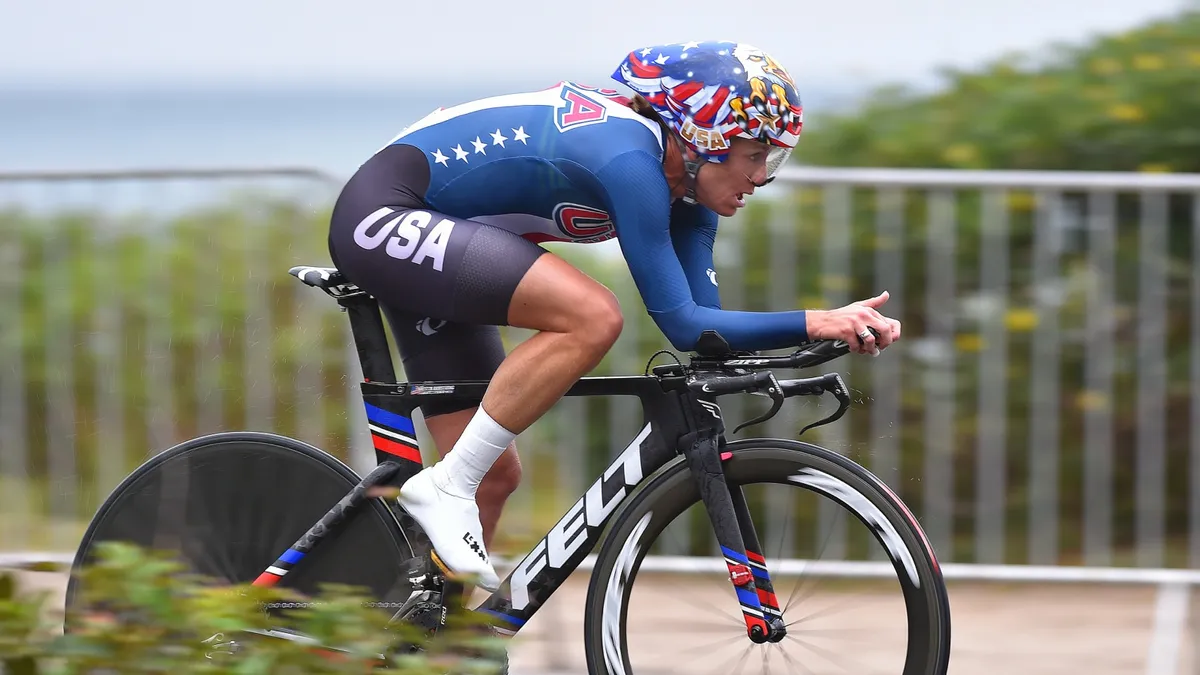
3. Scout the course
As racing is their job, pros often have a luxury amateurs do not of to a race site a day or more in advance of the event. Guarnier's rule of thumb is to fly in one day per time zone traveled to adjust. Whenever possible, pros will preview at least parts of the course for target events.
Three-time Olympic time trial champion Kristin Armstrong errs on the side of being over-prepared. "I always come in a day before others come in when others do, in case of delays or other unforeseen problems," she said.
Most big events (even those for amateurs) now have GPS-based profiles that riders use as a preview, but there is not substitute for getting out there on the bike, Armstrong said. "Often the digital maps don't to the course justice," she said.
Will Groulx, the 2015 Paralympic silver medalist in road and time trial, said the course preview ride is important. "I don’t think I’ve ever gone to a map and had the profile match the course," he said. "The map says 2 percent — but that just doesn't match the wall you are looking at."
4. Don't experiment
The day before the big day is not the time to try new things — with bike set-up, food or anything else. Pros succumb to nerves like anyone else. One top rider removed the springs from his mountain bike pedals the night before a national championship in hopes of shedding a little rotating weight. Don't do that.
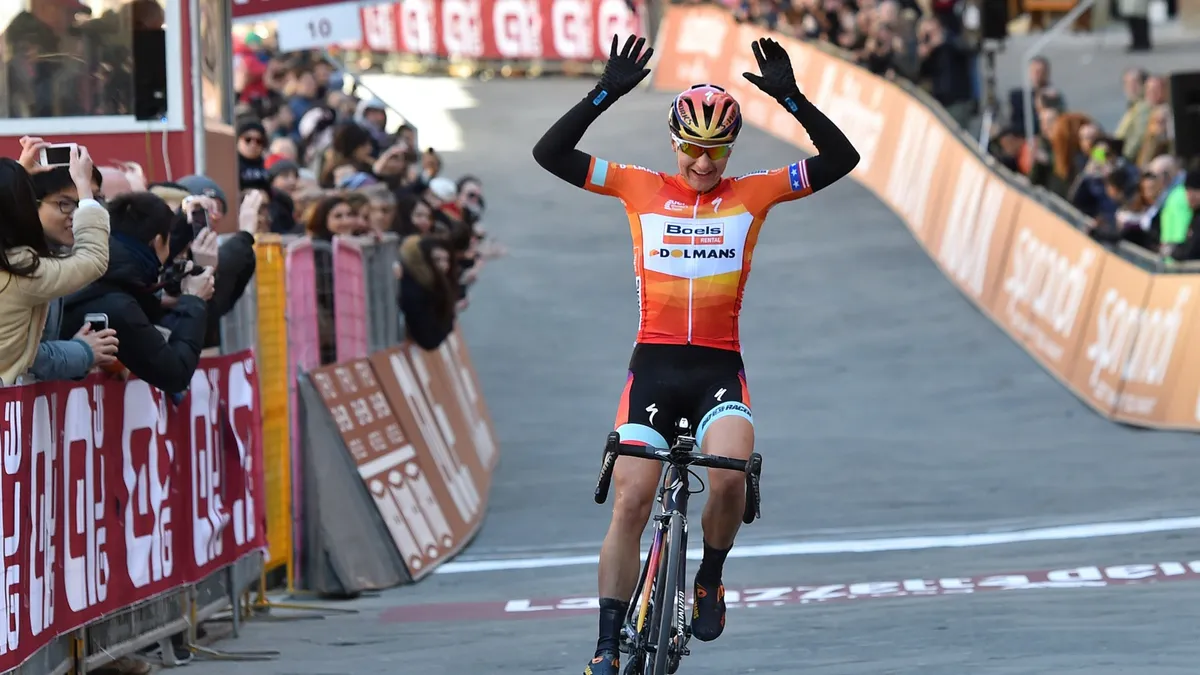
5. Minimize stress and tension
“You need to learn how to turn your head off,” Gaurnier said. “I have been doing this for 10 years, and yoga has helped a lot. I do that or stretching daily. Reading a book can help, as can being around people who support you.”
Groulx said having a pre-race routine can offset the irritations of traveling to an event. "Going over your bike, making sure you have all your kit, doing the same thing each time is almost therapeutic," Groulx said. "The logistics is the most stressful part. Racing your bike is the fun part."
6. Look at nerves as a good thing
Somewhat conversely to the point above, Armstrong says you can learn to appreciate being nervous — at least within the narrow confines of the time right before the event. This year Armstrong did a number of stage races with time trials specifically to work on getting comfortable with the anticipation.
"Those races were all about getting in the start house and overcoming those nerves," she said. "That gives you confidence and relaxes you. I always look at nerves as a good thing. Once that goes away, it means you're not interested in the win. There are good nerves and bad nerves. Right before an event, good nerves means I care."
